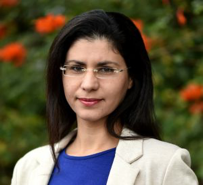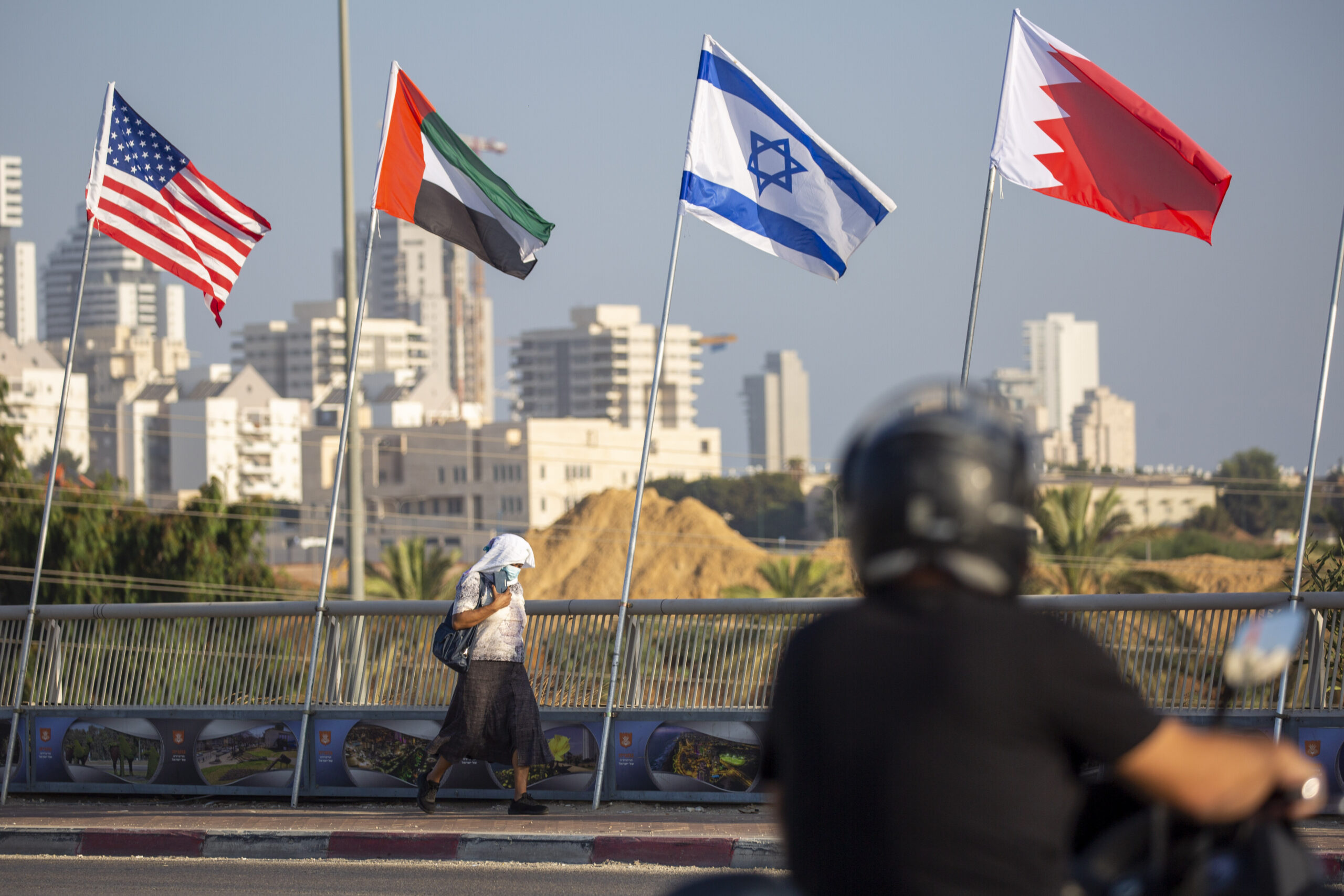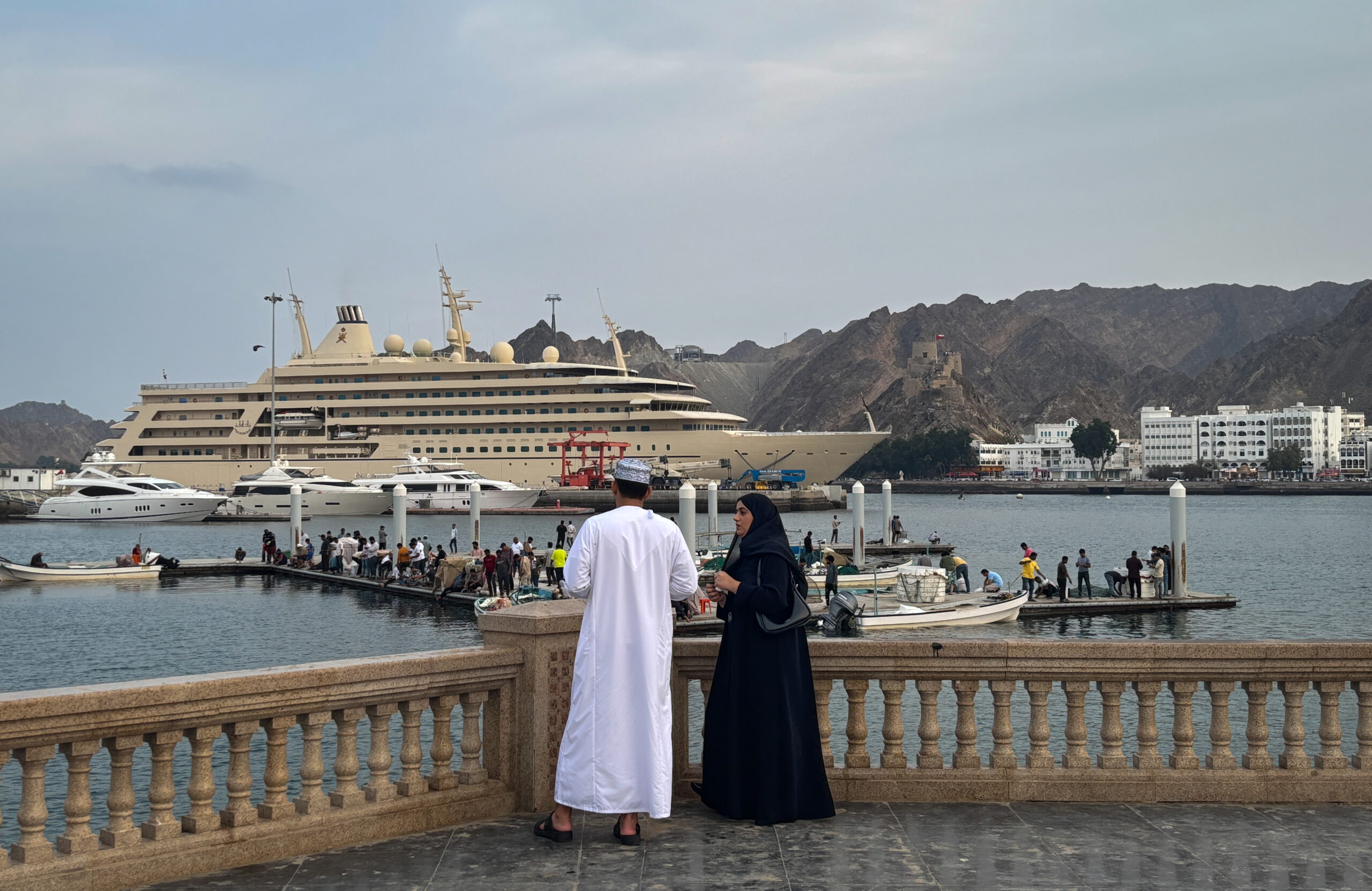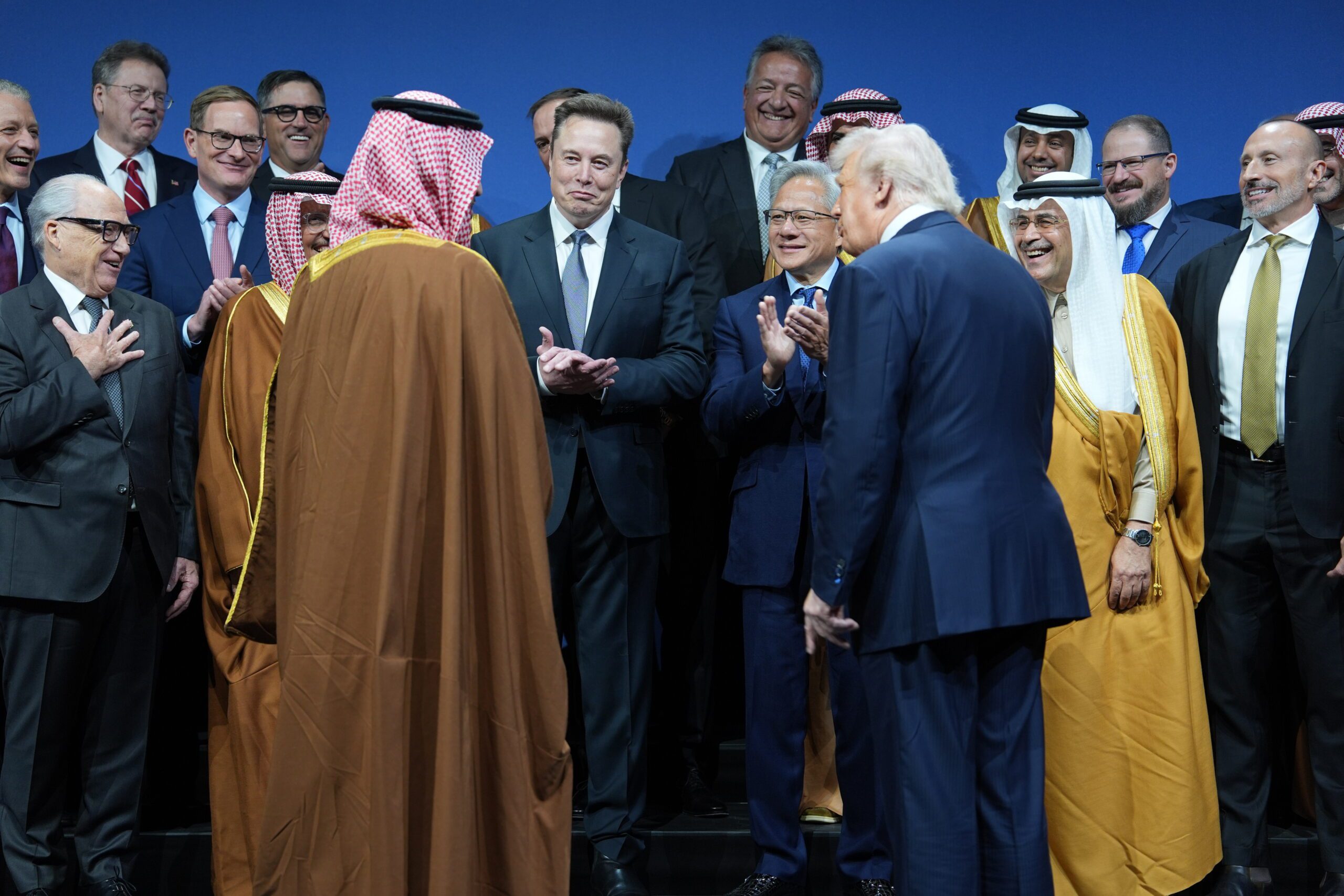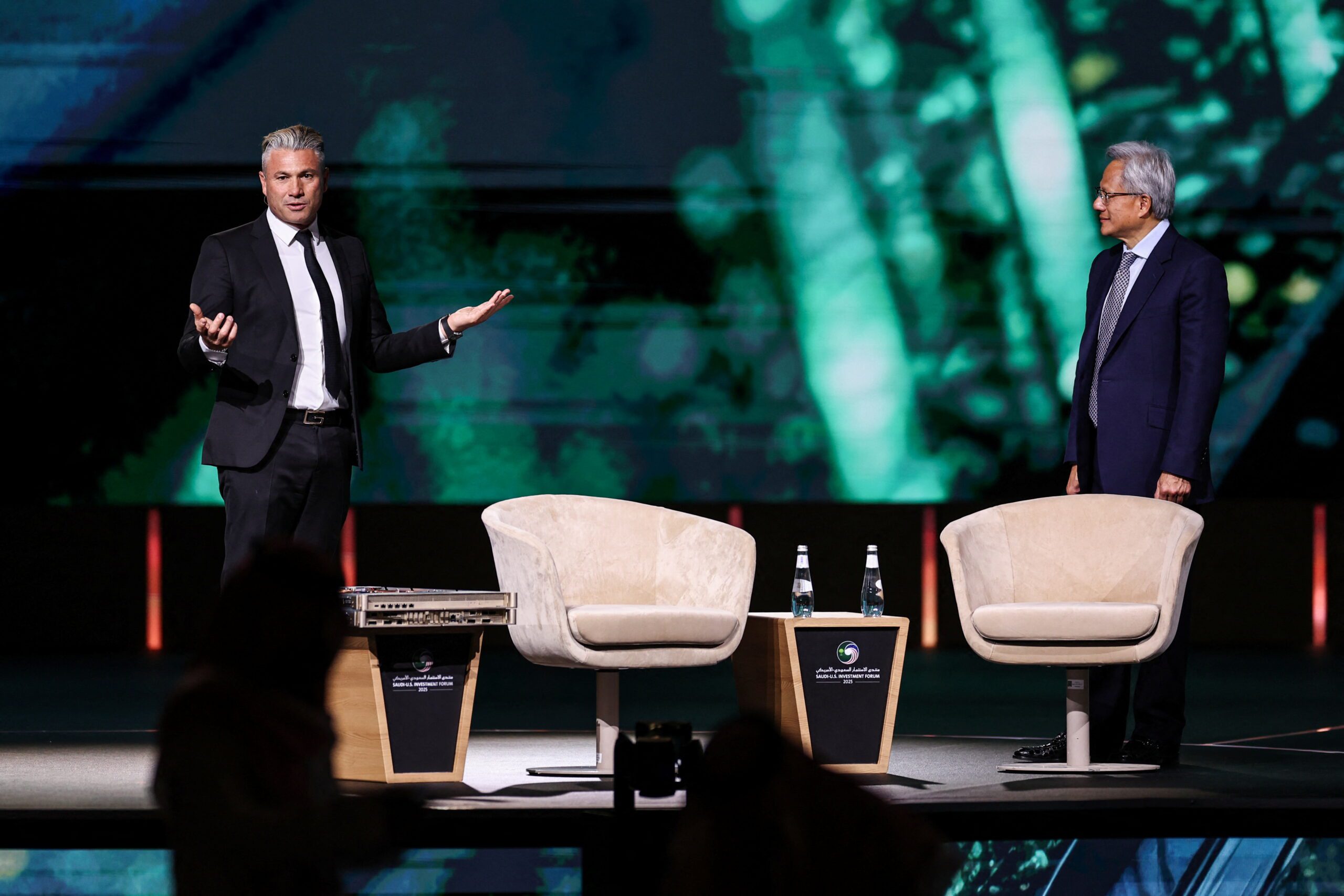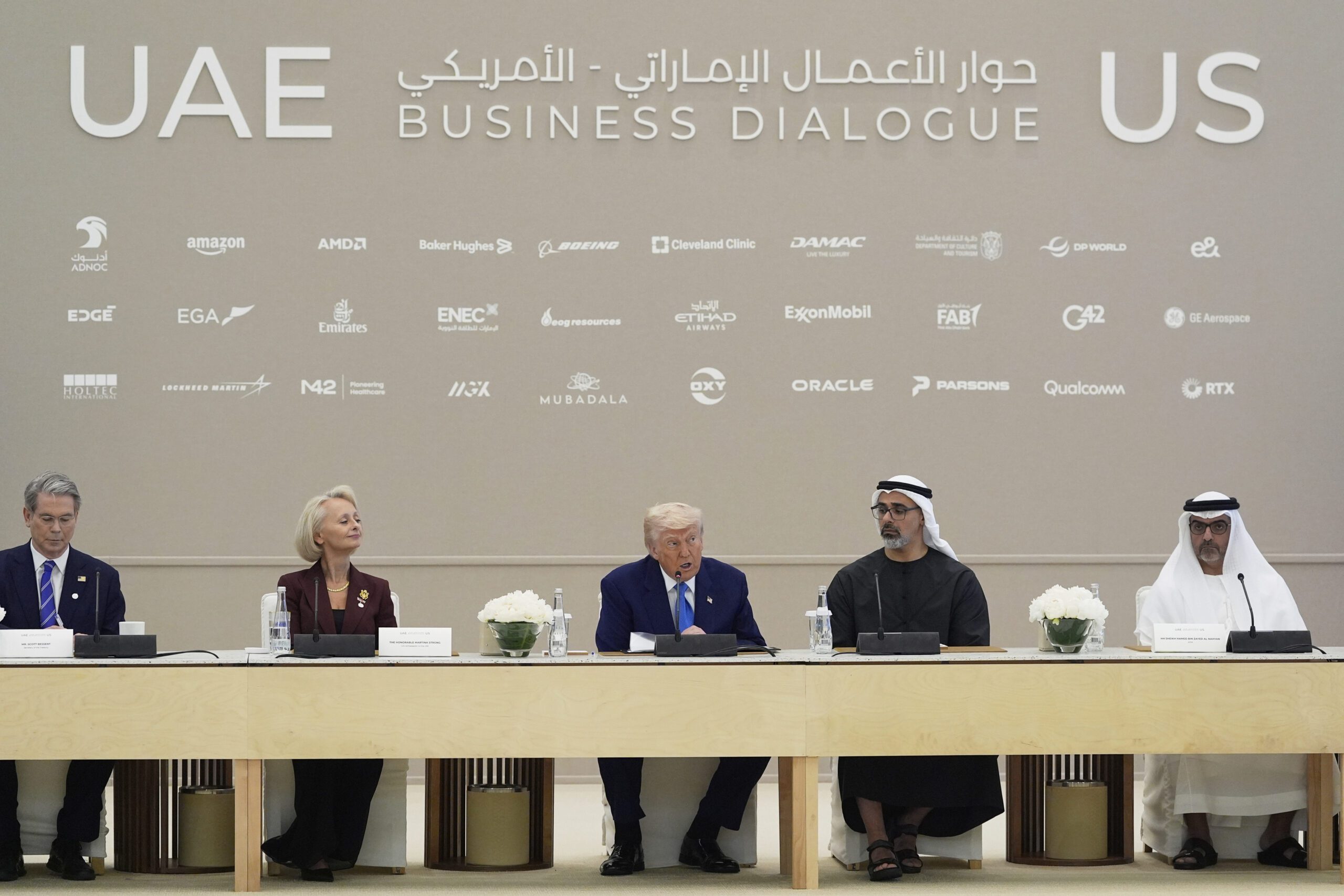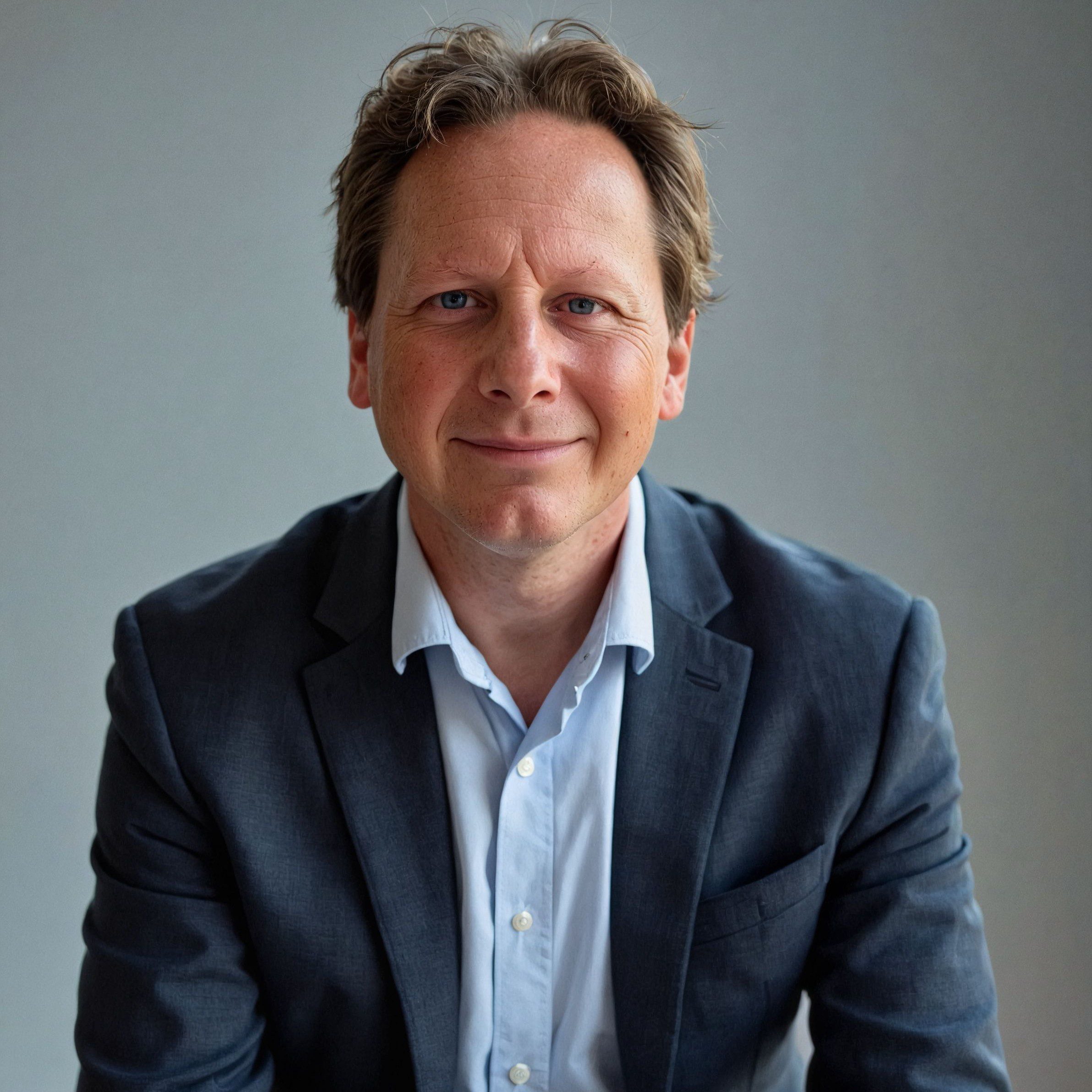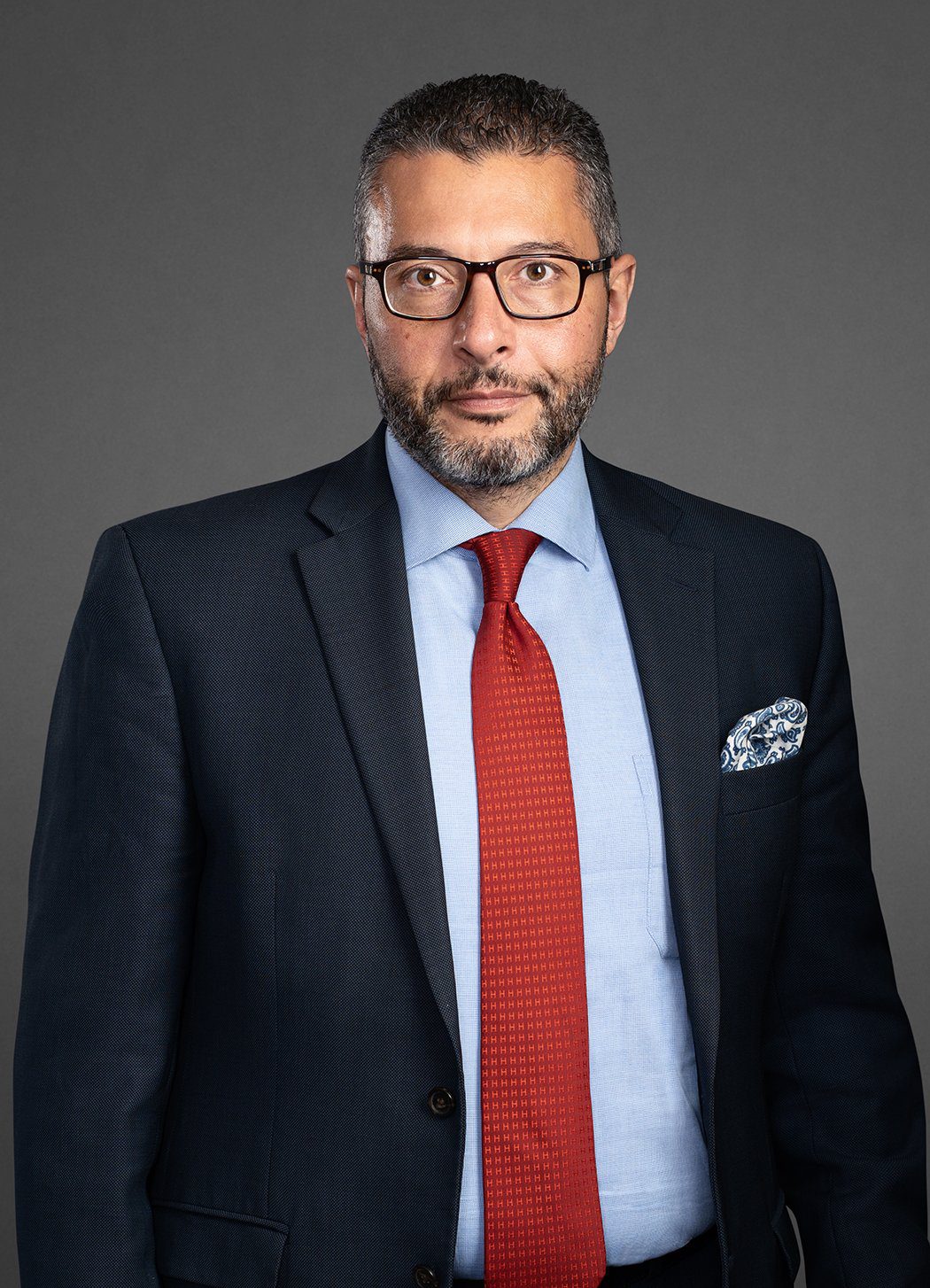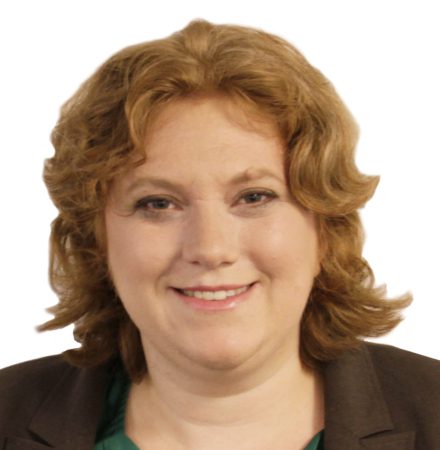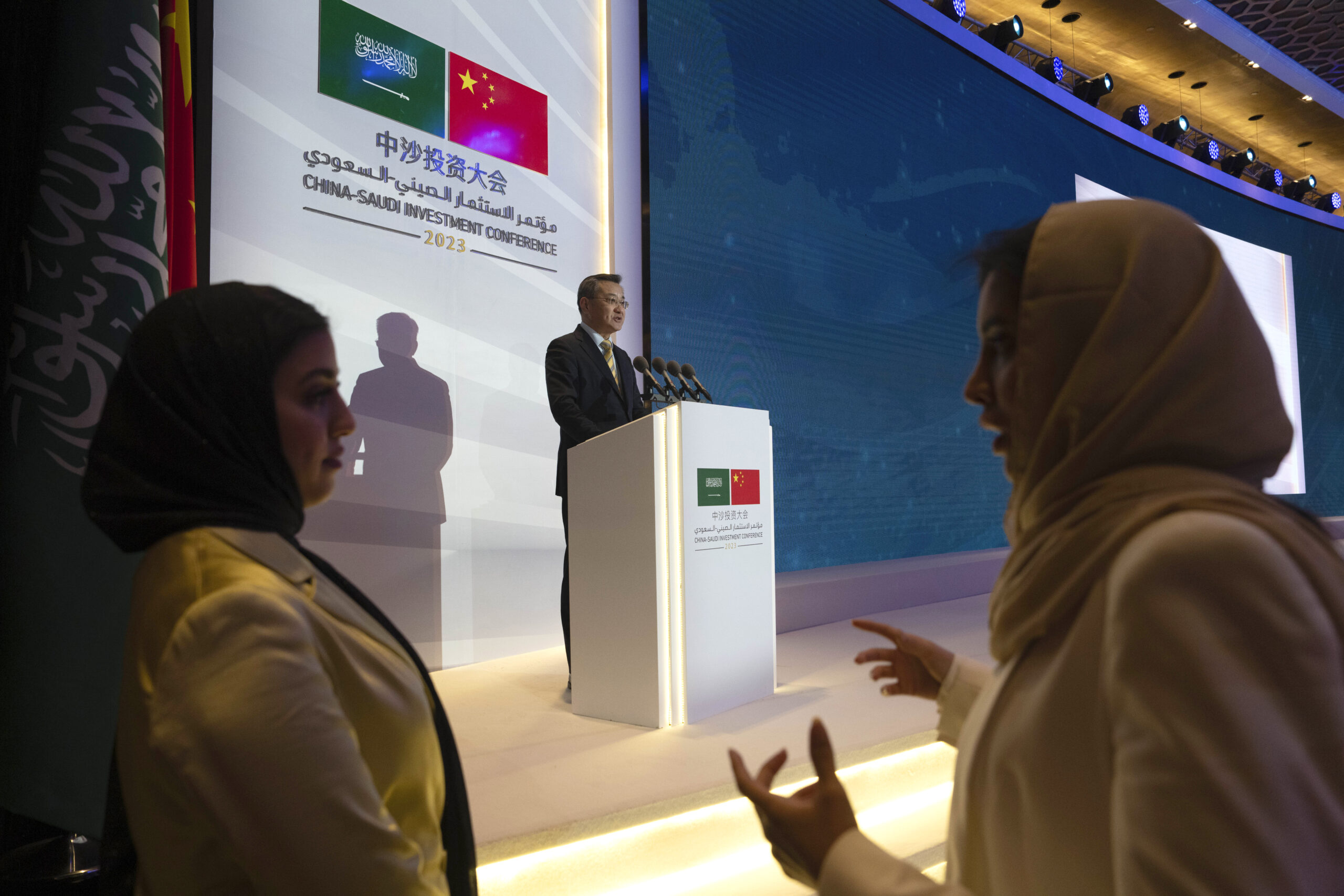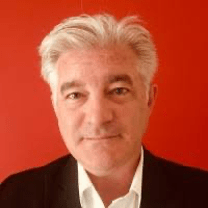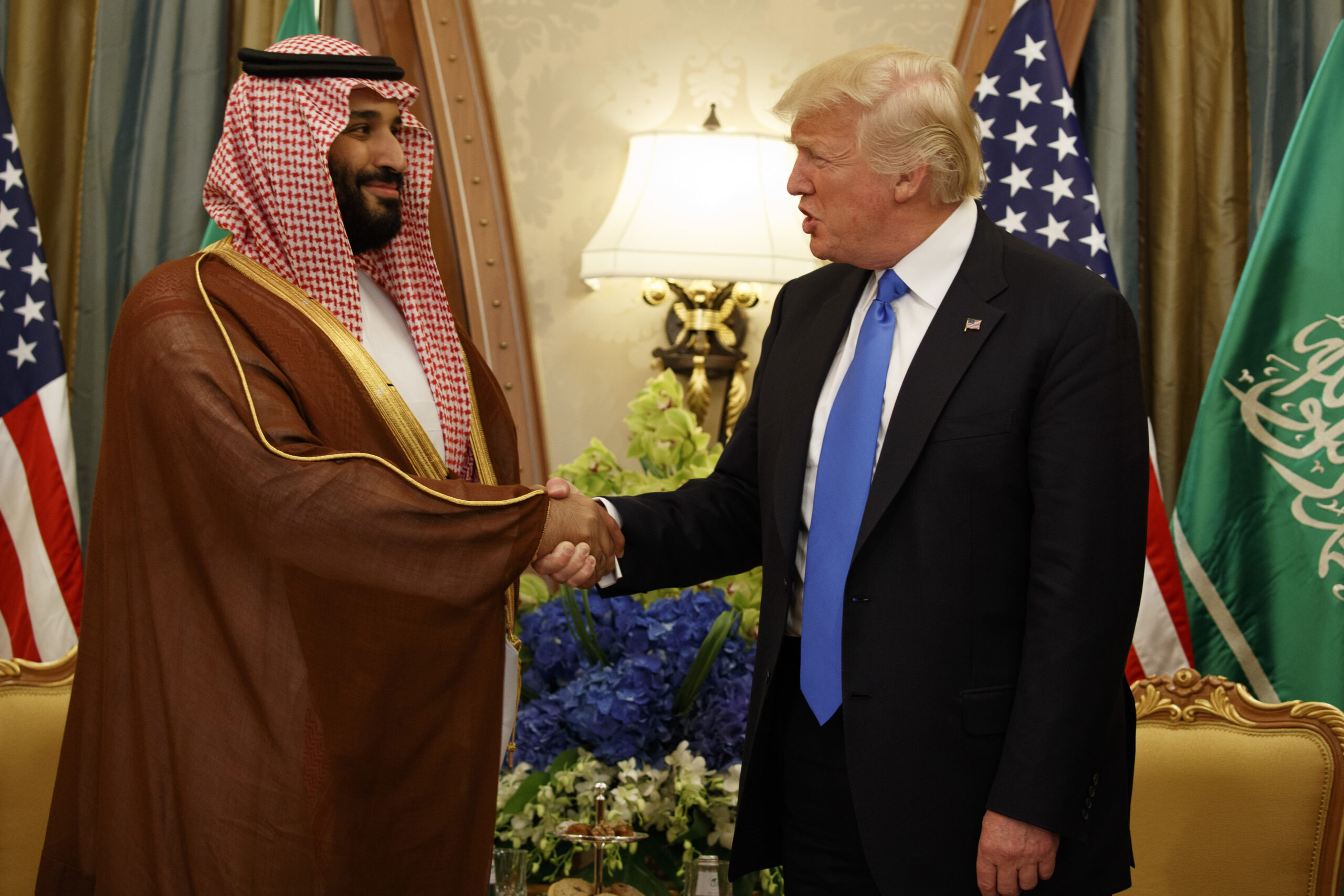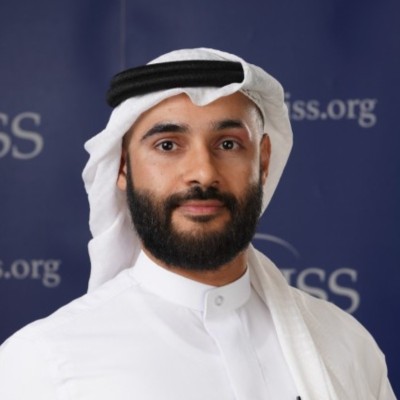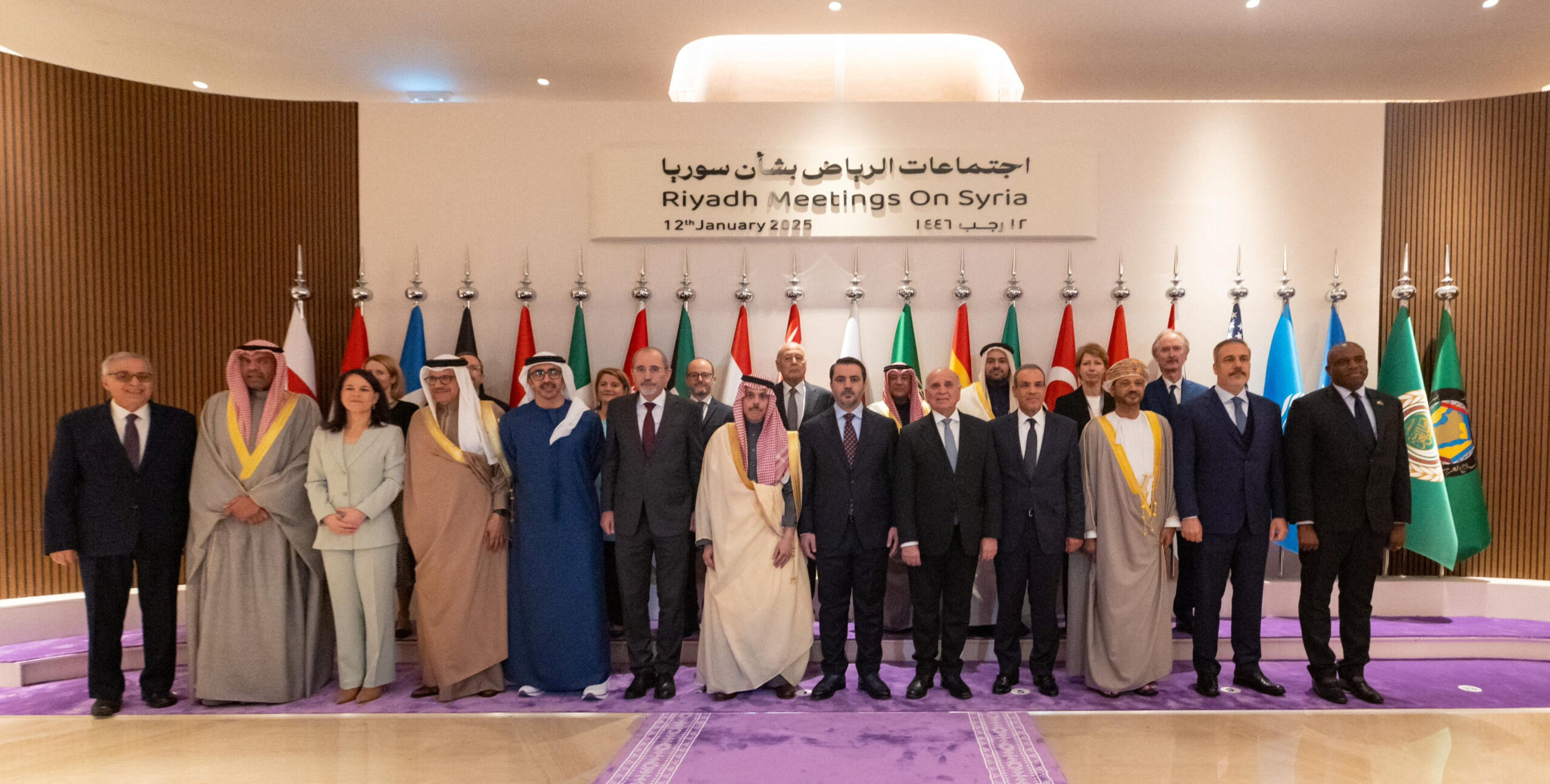UAE-Israel Economic Ties Proliferate in the Wake of Normalization
Economic ties between the UAE and Israel are moving rapidly in many different directions, but the hard work lies ahead.
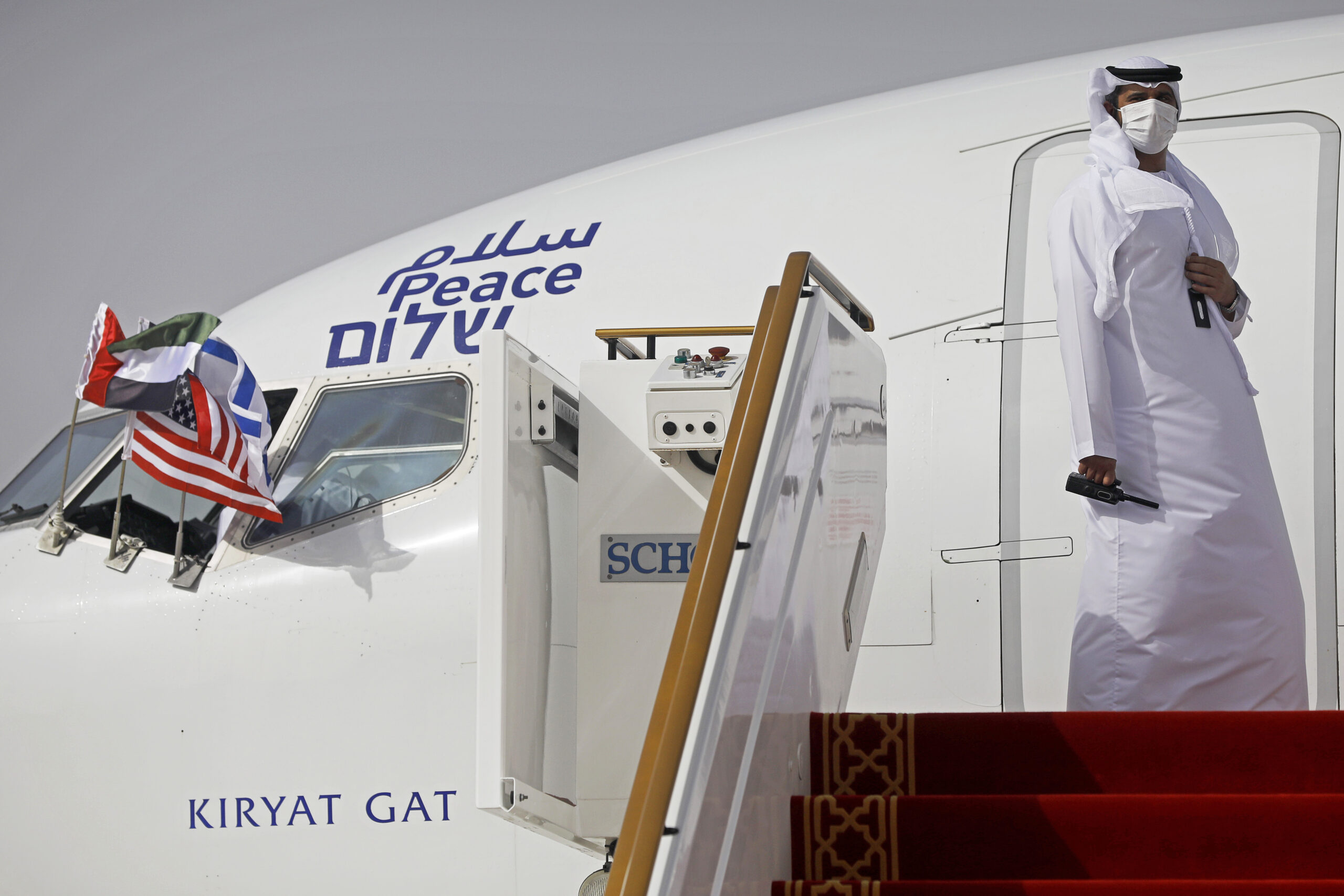
The announcement of a normalization agreement between the United Arab Emirates and Israel spurred a flurry of commercial agreements between the two countries. With official ties still in their early stages, some observers have questioned the sustainability and growth prospects of economic linkages, since investment pledges and memorandums of understanding do not always materialize as planned. Yet the industry focus of these nascent linkages and the mechanisms used to facilitate them suggest a strong commitment toward developing the economic dimensions of these newly formalized ties.
Industry First
A technology focus weaves together many of the emerging economic agreements between the UAE and Israel. Dubai’s preoccupation with innovation-led growth and broader UAE efforts to develop a knowledge economy through digital transformation and entrepreneurship promotion provide a concrete foundation for enhanced ties. Abu Dhabi-based Group 42, an artificial intelligence and cloud computing company, was one of the first companies in the UAE to announce plans to establish a wholly owned subsidiary in Israel. G42 operations in Israel will focus on coronavirus diagnostics, artificial intelligence, agricultural technologies, water supply solutions, smart cities, and renewable energy. The Emirati company already had formed partnerships with Israeli firms to develop technology solutions for combating the coronavirus.
On September 22, OurCrowd – a prominent Israeli crowdfunding and venture investment company – held a virtual meeting in collaboration with the Emirates Angels Investors Association to court UAE investors. Two weeks later, OurCrowd and Al Naboodah Group’s business development unit formed Phoenix Capital, a funding platform to facilitate technology investments between Israel and the UAE. Israel-based Mobileye and the Al Habtoor Group also signed a memorandum of understanding to deploy a fleet of self-driving robotic taxis on the streets of Dubai by 2022.
Details concerning collaboration in the defense industry and related security issues are necessarily opaque but do exist. The head of the UAE’s defense conglomerate EDGE believes that, between Israel and the UAE, “the fields of cooperation are quite wide,” and include autonomous systems and new sensor technologies. The cybersecurity chiefs of Israel and the UAE also hinted at the potential for collaboration on the cyberdefense of their digital spheres – a vital component of a robust digital economy.
Cooperative linkages are not only forming at the level of frontier industries and advanced, security-related technologies but also intersect with established industries in the Gulf: finance and banking, commodities, energy, tourism, and logistics. One of the first government-led memorandums of understanding between the two sides involved the banking and finance sector. Additional agreements between some of the largest lenders in each country – including Bank Hapoalim, Bank Leumi, Emirates NDB, and First Abu Dhabi Bank – followed shortly thereafter.
The Israel Diamond Exchange and the Dubai Diamond Exchange inked an agreement to enhance cooperation in the diamond trade. Energy ministers from Israel and the UAE discussed linking power grids and developing natural gas markets. Moreover, a deal between Israel’s Harel Insurance Group and Dubai Insurance Company not only helps to mitigate business-related risks but also paves the way for increased tourism flows.
Economic Instruments
Free zones, an important industry and ubiquitous economic policy mechanism in the Gulf, are at the forefront of UAE-Israel ties. Following the August announcement of a normalization of relations, Israeli Prime Minister Benjamin Netanyahu mentioned that his country would import from UAE free zones, stating that “we know that we will get good prices.”
The emirate of Dubai is considered the Gulf’s free zone hub, and its flagship commercial entities are driving formal ties with Israeli counterparts. In September, DP World – the Dubai-based multinational logistics company – and other government-related entities signed multiple agreements with Israel-based DoverTower Group, a shareholder of Israel Shipyards port in Haifa and a partner in the Port of Eilat. DP World plans to assess port and free zone development opportunities in Israel as well as establish a direct shipping route between Eilat and the UAE port of Jebel Ali.
The Dubai World Trade Centre free zone will work with the Israeli Export Institute to facilitate the participation of Israeli exhibitors at major UAE events. Jebel Ali Free Zone and Dubai Airport Freezone Authority both signed memorandums of understanding with the Federation of Israeli Chambers of Commerce in late September to support Israeli companies intending to establish businesses in Dubai. The Dubai Diamond Exchange, which partnered with the Israel Diamond Exchange, is part of the government-owned Dubai Multi Commodities Centre free zone.
Other commercial entities involved in the establishment of linkages widen the scope of economic actors and businesspeople invested in this relationship. The Abu Dhabi Investment Office signed a bilateral trade agreement with Israel Export Institute to facilitate the entry of Israeli companies into the UAE. The stock exchanges of Tel Aviv and Abu Dhabi held preliminary talks on dual listing and other joint initiatives. Chambers of Commerce in Dubai and Tel Aviv also signed a strategic partnership agreement to foster new businesses and startups.
Lingering Questions
Unofficial ties between Israel and Gulf Arab states like the UAE evolved slowly alongside participation in multinational platforms and covert commercial transactions. The current process of formalizing these ties raises two significant questions. First, will the new shape of relations reflect the two-way trade and investment corridor envisioned by many officials? Indeed, UAE officials hope that bilateral economic cooperation extends far beyond surplus Gulf capital finding an additional global destination in Israel.
More specifically, will the UAE government and government-related entities enjoy competitive rates on Israeli goods and services? In the past, Israeli firms could charge Gulf clients a premium for technology platforms and applications. This was partially motivated by an Israeli perception that Gulf buyers had bottomless pockets, as well as the under-the-table nature of commercial transactions prior to normalization. Changes to the economic environment and market visibility are likely to alter this perception.
Economic ties between the UAE and Israel are moving rapidly in many different directions. Not all of these commercial initiatives will flourish, especially given the newfound economic constraints caused by the coronavirus pandemic and energy market outlook. Struggling Israeli and Emirati economies may welcome new commercial partnerships, but the hard work lies ahead.
The views represented herein are the author's or speaker's own and do not necessarily reflect the views of AGSI, its staff, or its board of directors.

